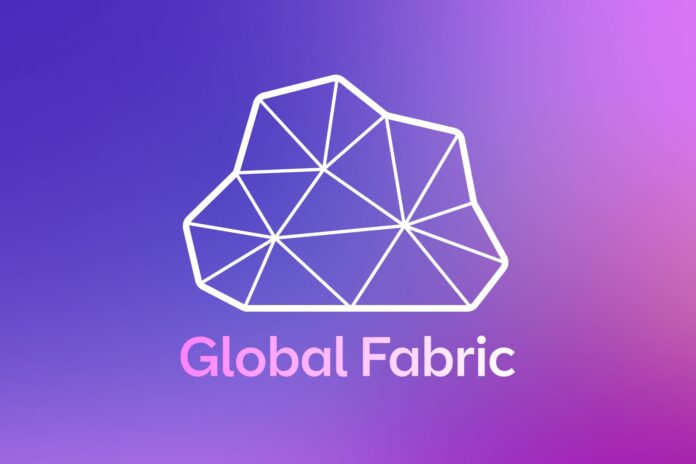This is expanding the Global Fabric that BT announced in October
BT Group is deploying its global network-as-a-service (NaaS) offer in metro-edge, carrier-neutral cloud facilities (CNFs) around the world. BT Group announced its multi-cloud NaaS, Global Fabric, in October.
Now its offer is expanded by a deal with the US’ Digital Realty which has about 300 CNFs in more than 50 metropolitan areas in some 25 countries across six continents. From these sites, BT is to offer bundled edge connectivity-and-computing service, including to drive AI.
Power of partners
The partnership with Digital Realty is an exemplar of what BT’s Global Fabric is intended to achieve by ‘stitching’ together local cloud edge and network services for global enterprises. The UK-based operator is striving to offer lower-latency compute services via local network operators and data centre players.
BT claims to have 630 partners for local network connectivity and 700 partners for local data centre services. This covers the “world’s top cloud locations” – including the largest public cloud providers, private clouds, and network solutions.
BT’s use of global network partners, particularly network operators, facilitates data compliance for enterprise customers and is claimed to use less power for data processing and transit.
Green credentials
Overall, BT claims that once fully deployed, its Global Fabric network will use 79% less electricity than its current global networks – or consume 8,326 MWh/year instead of 39,890 MWh/year. This will also contribute to enterprises’ Scope 3 goals – that is decarbonising their supply chains.
Connectivity options are to include “BT-enhanced internet service”, point-to-point and multi-point Ethernet, and MPLS. The idea is to transmit data traffic across the shortest routes via private wide area networks.
New network features
The service will be sold in bandwidth increment starting from 1Mbps up to 100 Gbps. Connectivity will be interchangeable on the same port, according to BT, an important feature which is not available on current networks. In alignment with cloudco models, the services are available on a pay-as-you-use basis. BT also provides cybersecurity services.
In its ‘notes to editors’ when BT Global Fabric was announced, the operator claimed that Global Fabric offers the “most direct coverage of hyperscaler clouds of any connectivity provider in the world – almost 50 per cent more than the nearest competitor”.
Running on the new network ‘underlay’ will be an AI-powered digital orchestration layer. Unlike the internet, Global Fabric will be ‘deterministic’ – customers will be able to trust BT to deliver the predictable application experience they expect by selecting the optimal end-to-end paths for their applications and workloads as they move to and between multiple clouds and end users.”
Orchestration and data flows
Harm Joosse, global head of service provider strategy and business development at Digital Realty, said: “By integrating into Digital Realty’s global data centre platform, customers address ‘data gravity’ challenges by bringing users and clouds to the data with BT’s connectivity, controls, and policy management. BT’s innovative NaaS solution, combined with [our] orchestration platform, empowers enterprises with on-demand, personalised experiences, revolutionising the way networks are used and managed.”
Colin Bannon, CTO, BT Business, commented, “Businesses deploying cloud services locally benefit from proximity to customers and suppliers. For large organisations, more value can be unlocked if local data can be brought together centrally in a secure and compliant way to create new insights.
“With data volumes surging, CIOs need greater control of data flows. The combination of Global Fabric and Digital Realty can help customers unlock value from data by stopping local data hubs becoming digital black holes.”



